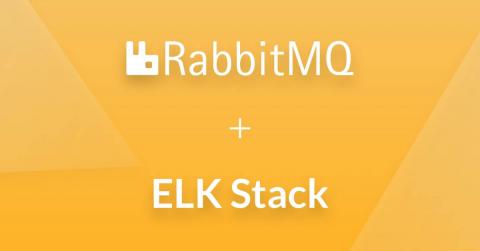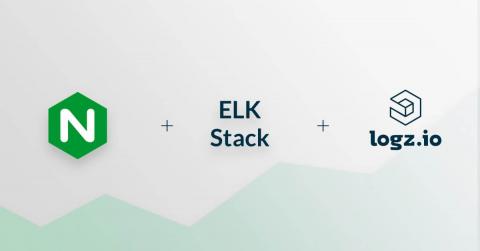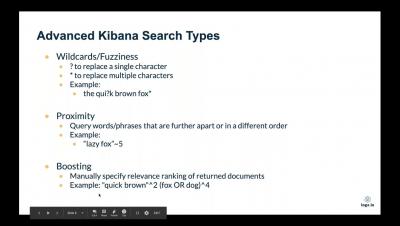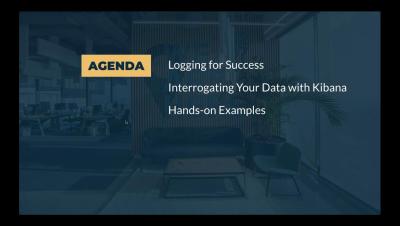Challenges in Monitoring Hybrid Clouds
As discussed in our blog post the Rise of the Hybrid Cloud the dramatic growth of hybrid infrastructures is being driven by benefits such as enhanced flexibility, cost optimization opportunities, and support for the agile DevOps culture. But hybrid clouds also come with their challenges, such as determining how to consistently apply security and compliance processes and how to avoid performance issues resulting from the differences between private and public cloud SLAs.











